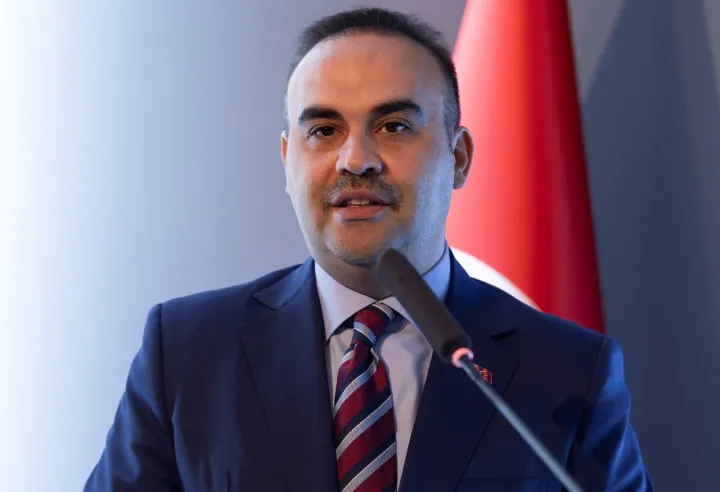The last absolute monarchy in Africa, the Kingdom of Eswatini, holds parliamentary elections on Friday, with political parties banned from contesting.
The constitution emphasises "individual merit" as the basis for selecting lawmakers, who cannot be affiliated with any political group.
Being in the good graces of King Mswati III, who wields absolute power, also carries much weight.
About 585,000 registered voters will be called to choose 59 members of the lower house of parliament, which plays only an advisory role to the monarch.
Veto power
Mswati, who can veto any legislation, directly appoints another 10 lawmakers.
With most candidates loyal to the king, the election is unlikely to change the political scenery.
Only about a dozen of those nominated during primaries last month are known to have ties to the opposition.
Many do not say which side they are on, fearing repression.
"Democracy is not that much practiced around here," Thantaza Silolo, spokesperson for the largest opposition group, the Swaziland Liberation Movement (Swalimo), told AFP.
'Terrorist party'
Political parties have unclear status and cannot directly take part in the vote.
They were effectively banned in 1973, but a new constitution in 2005 provided an opening allowing for freedom of association.
Still, in practice there is no legal avenue for them to register, according to democracy watchdog Freedom House.
Swalimo is incorporated as a non-profit.
The People's United Democratic Movement, one of the largest opposition movements, has been declared a "terrorist" organisation and banned.
Two opposition lawmakers elected in the last vote in 2018 are currently in jail. A third is in exile.
Opposition boycott
Most opposition groupings have called for a boycott. Three have told voters to go to the polls.
Few political gatherings have taken place during a two-week campaigning period.
Polls open at seven am (0500 GMT) and close at six pm, according to the electoral commission, with results expected over the weekend.
Formerly known as Swaziland, the mountainous country of 1.2 million people is landlocked between South Africa and Mozambique.
About half the size of Belgium, it gained independence from Britain in 1968.
Mswati, 55, ascended to the throne at the age of 18 and has ruled with an iron fist for 37 years.
The king is constitutionally above the law.
He appoints the prime minister and the cabinet, can dissolve both parliament and the government and commands police and the army.
























